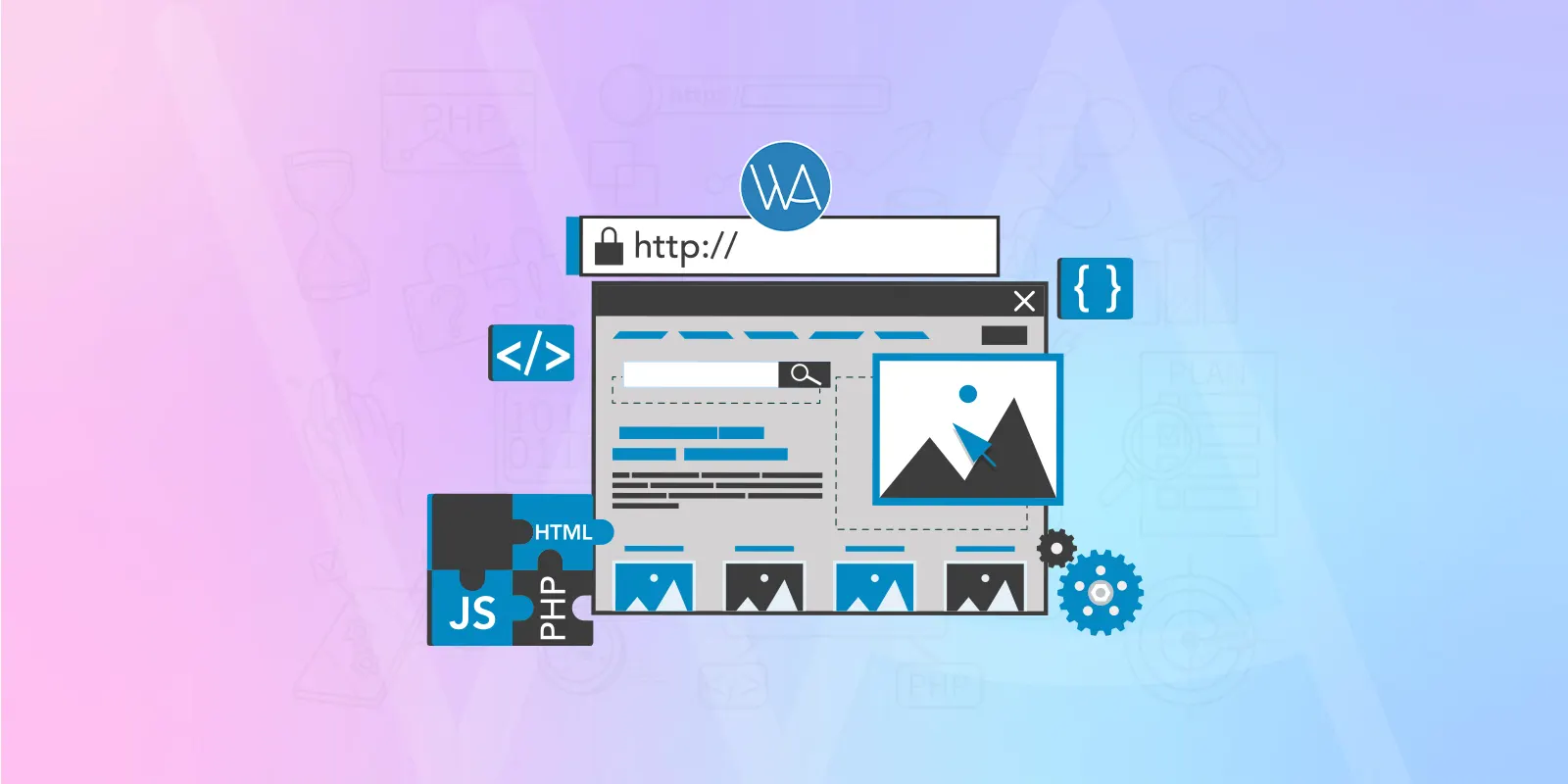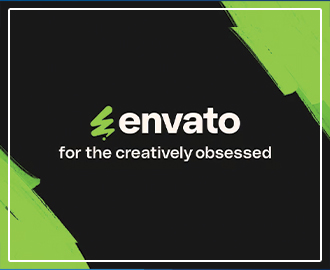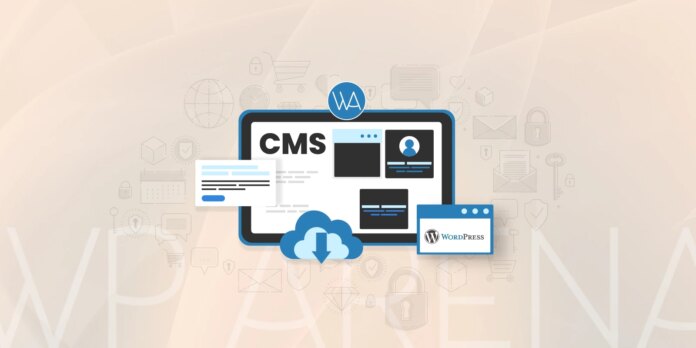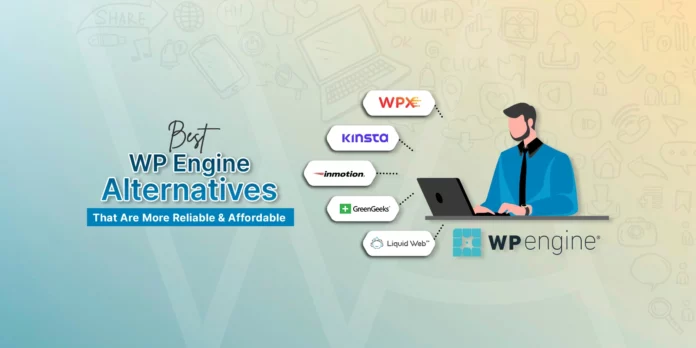The internet is changing at a breakneck speed, with Web3 bringing a new era of decentralization, integration with blockchain and enhanced user control. All sectors, including content management platforms (CMS) like WordPress, are being re-fashioned with this change. With the world moving towards platforms powered by blockchain, WordPress developers have no alternative but to adapt and include Web3 technology in websites.
With blockchain at its core in Web3, Ethereum continues to be one of the most utilized platforms for smart contracts and decentralized applications (dApps). The Ethereum price varies with demand in the marketplace, technological breakthroughs and acceptance and therefore, it is a key cryptocurrency for developers wishing to implement blockchain technology in WordPress.
What Is Web3?
Web3 represents a new web era, one that values decentralization, anonymity and engagements powered through blockchain technology. Unlike in Web2, in which programs and websites depend on centralised servers, Web3 functions through networks, with less use of go-between entities in a third party.
Key features of Web3 include:
- Decentralisation – Information is distributed through a variety of nodes, with security and reduced susceptibility to information intrusion.
- Blockchain Technology – All transactions and communications are recorded in unchangeable books, providing transparency and trust.
- User Ownership – Users gain greater control over their virtual property and information.
- Smart Contracts – Automated, self-executing agreements that conduct transactions between parties without any intermediaries.
How Web3 is Influencing WordPress Development
WordPress powers over 43% of all websites globally and it is a website development behemoth. Developers have started including blockchain-powered offerings in WordPress in an attempt to boost function, security and monetization with growing Web3 momentum.
Some of the most important trends with which Web3 is transforming WordPress involve token-based access controls, monetization of content through blockchain and decentralized authentication. All these allow website owners to develop secure, accessible experiences and monetize the value of blockchain technology.
Key Web3 Applications in WordPress
Decentralised Identity and Authentication:
Traditional login processes involve entering an email and password, stored centrally and susceptible to hacks. Web3 brings with it decentralised identity management, with users logging in through blockchain-based authentication.
Plugins such as EthPress enable WordPress sites to introduce logins through crypto wallets, with sign-ins possible using MetaMask and other Ethereum wallets. It eliminates password vulnerabilities and makes it more secure.
Content monetization with NFTs:
Non-fungible tokens (NFTs) are changing digital content ownership. With Web3, content producers, painters and even blog owners can monetize work in NFT format and buyers can purchase and sell virtual assets in direct transactions.
For instance, a website using WordPress can use the NFT Gallery plugin to sell and display NFTs, providing an additional monetization model in addition to traditional subscriptions and ads. With Ethereum NFTs, creators can earn royalties for resale, generating long-term income.
Token-Gated Access for Premium Content:
Web3 allows site owners to have token-gated access, with restricted information accessible only for owners of certain cryptocurrency coins or NFTs. With such a feature, site owners can enhance both monetization and engagement through rewards for loyal community members. The Unlock Protocol plugin helps WordPress developers build Ethereum token-based membership models, through which users can gain access to gated forums, content, or courses in return for providing proof of ownership of a certain asset.
Smart Contract for Automated Transactions:
WordPress e-commerce sites can utilize smart contracts for secure, automated transactions. Unlike banking-based payment gateways, smart contracts execute transactions based on predefined terms with no intermediary organizations.
For example, an Ethereum Payment Gateway for WooCommerce can accept payments in ETH, with transparent and real-time payments with no third-party processing fee.
Decentralised Autonomous Organisations (DAOs):
Decentralised Autonomous Organisations (DAOs) introduce a new model of governance in which voting happens through blockchain-based voting with collective decision-making. DAOs can be adopted in WordPress communities, companies and open-source ventures to democratise decision-making and make it transparent.
A WordPress-based DAO can apply smart contracts for funding, development timelines, or requirements for membership, allowing community governance over a central entity.
Challenges in Integrating Web3 with WordPress
Despite its potential, integrating Web3 into WordPress comes with challenges:
- Technical Barriers – Most WordPress developers lack an awareness of blockchain and smart contracts and, therefore, require training.
- Performance Issues – Blockchain transactions become slow and use a lot of resources compared to traditional databases.
- Regulatory Concerns – Cryptocurrency-related laws and regulations differ between countries and website owners must remain current with legal compliance requirements.
- User Adoption – Most users have not yet heard about crypto wallets and blockchain technology and widespread use is hindered.
Ethereum’s Role in Web3 and WordPress Development
Ethereum is one of the most powerful networks in the Web3 universe, capable of supporting smart contracts and dApps. Ethereum is valued at $2,759.98 for one ETH, a reflection of its increased use and role in virtual transactions.
For WordPress developers, Ethereum offers several advantages:
- Secure and Transparent Payments – ETH can make payments secure and transparent, not having to depend on banks and centralised payment processors.
- Smart Contract Integration – Integrates many of WordPress’ capabilities, such as payment for e-commerce and membership verification.
- NFT Minting and Marketplace Building – Enables site owners to launch their NFT collections directly in WordPress.
- Decentralised Storage Solutions – Breaks overreliance on traditional cloud hosting by storing information in networks such as IPFS in a blockchain.
With Ethereum 2.0 improving its scalability and reducing its fee, its integration with WordPress will become even simpler.
Conclusion
Web3 is revolutionizing WordPress development with its integration of decentralized identity management, NFT monetization, smart contracts and DAOs in its ambit. As Ethereum is a strong player in the sphere of blockchain, its integration with WordPress is becoming increasingly relevant. By embracing Web3, web developers can build future-proofed websites with security, transparency and user empowerment at their heart. There will be obstacles, but it is worth it and it is, therefore, imperative for WordPress developers not to fall behind and move with the times.






